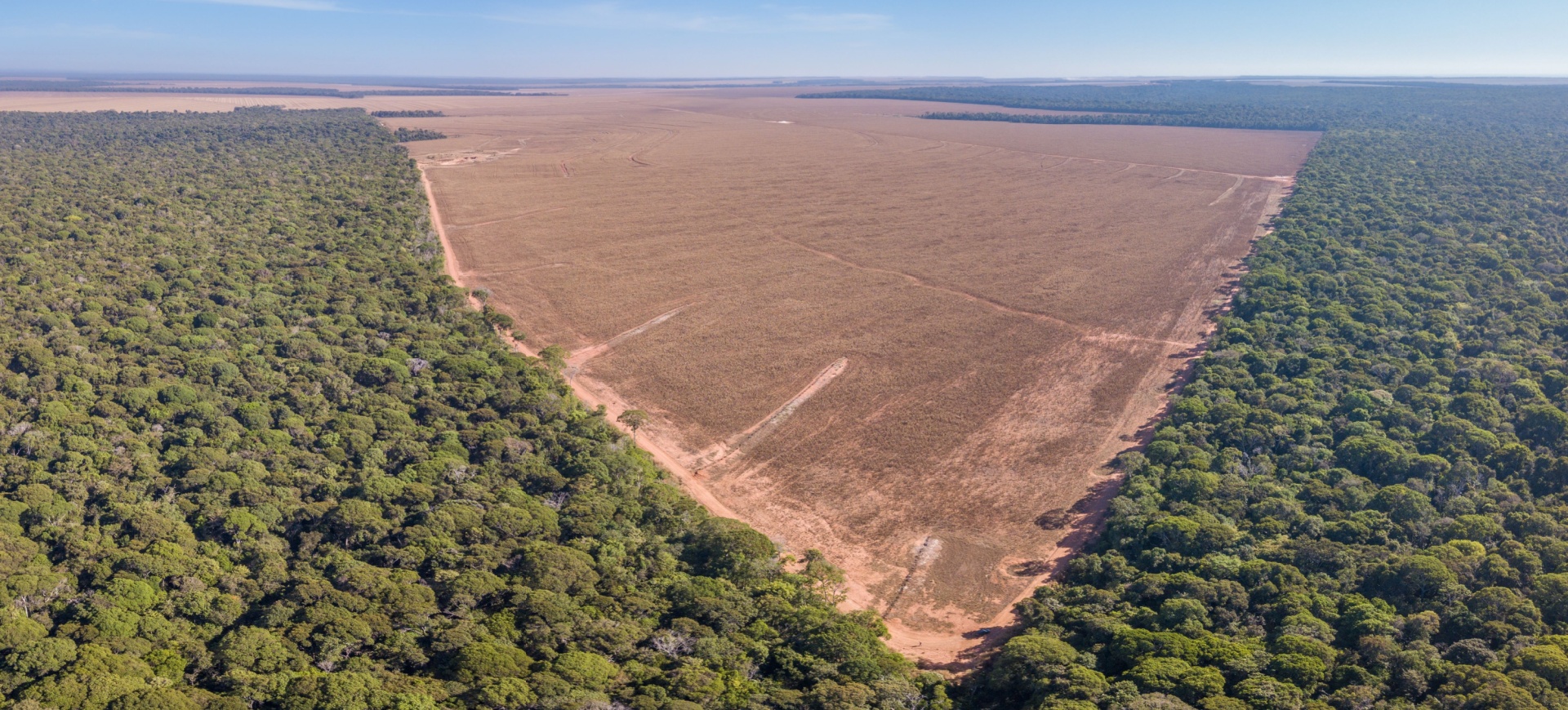Ecocide: confronting environmental crime
With stakes higher than ever, decisive action is crucial to combat corruption and preserve our future. G20 leaders must address the rampant environmental crimes endangering our planet
Leaders must take robust action on environmental crime to protect the planet at this year’s G20 Rio Summit. Environmental crime is having devastating effects on the planet: global pandemics, floods in the Sahara Desert, conflicts in mineral-rich regions and the extinction of millions of animal and plant species. Estimated to generate $281 billion a year in profit, environmental crime includes illegal trafficking in ozone-depleting substances, hazardous waste and protected species, as well as illegal logging and illegal trade in waste, exploitation of natural resources and minerals, and greenwashing and the misuse of green finance. Illegal logging, fishing and wildlife trade alone are valued at $2 trillion per year. Environmental crime also threatens countries’ abilities to meet the Sustainable Development Goals, particularly the goals on climate, protecting life below water and on land, as well as corruption, money laundering and organised crime.
Environmental crime as a ‘polycrime’
Described as a ‘polycrime’, environmental crime is often linked to corruption and fraud perpetrated by transnational organised criminal networks, which are linked to the same routes used to traffic drugs, arms and humans. Corruption enables environmental crime through the bribery of officials to access permits to protected land and species or to bypass scanning and security processes at ports. Corruption also involves the abuse of office by public officials for personal profit, leading to fewer arrests and prosecutions. In China, the former head of the Beijing wildlife and nature reserve office was sentenced to 13 years in prison in 2020 for approving trade permits for wildlife species. In Europe, there is widespread illegal trafficking in super pollutant gases, equivalent to 6.5 million petrol cars, with corruption prevalent among customs officials, particularly in Romania and Bulgaria. In the Democratic Republic of Congo, mining allocations have been removed and reissued using third-party intermediaries suspected of paying bribes to obtain licences intended for mines with natural resources. In the Amazon, it is estimated that over 100,000 acres of land are lost each day. In 2021, Ricardo Salles, Brazil’s environment minister, resigned after allegedly covering up a scheme to cut down and export trees. In 2022, there were many reports of widespread deforestation, territorial disputes and violence driven by organised crime in the Amazon, which the governor of Pará allegedly turned a blind eye to. By 2050, 47% of the Amazon could hit a critical ecological tipping point.
The urgent need for action
Since 2008, G20 leaders have made 14 commitments on environmental crime in their communiqués, including four on illegal wildlife trafficking and 10 on illegal, unreported and unregulated fishing. At the 2017 Hamburg Summit, G20 leaders endorsed the High Level Principles on Combating Corruption Related to Illegal Trade in Wildlife and Wildlife Products. These principles focus on strengthening frameworks to tackle corruption linked to illegal wildlife trade; preventing and identifying corruption linked to IWT; investigating, prosecuting and sanctioning corruption-related offences; and improving assessments of how corruption drives IWT, including through better data. At the 2021 Rome Summit, G20 leaders pledged to protect natural resources, end illegal, unreported and unregulated fishing, and fight environmental crimes, including illegal logging, mining and the movement and disposal of waste and hazardous substances. At the 2022 Bali Summit, they committed to preventing illegal cross-border trafficking of waste. Between 2017 and 2023, 13% of G20 communiqués were dedicated to combating illegal wildlife trade and fishing. The G20 has also linked environmental crime, particularly IWT, with SDGs 16 on corruption and 15 on life on land, and linked IUU fishing with protecting the marine environment and the ocean-based economy. And yet more must be done.
What can the G20 do?
G20 members should agree on a global definition of environmental crime and wildlife crime, underpinned by legally binding instruments, and require countries to adopt these domestically, creating a predicate offence for money laundering.
Profit incentives associated with environmental crimes should be altered by requiring countries to incorporate environmental crimes into national risk assessments and issuing guidance to the financial sector on how to identify and disrupt criminal networks, working with the Financial Action Task Force.
More emphasis should be placed on expanding public-private partnerships to global transport and logistics firms to support tactical, financial and transport intelligence-sharing for all types of environmental crimes, leveraging the Transport Taskforce model developed by United for Wildlife.
The G20 should boost anti-corruption efforts (such as the role played by South Africa’s Black Mambas female anti-poacher unit), including through capacity building of financial intelligence units, law enforcement and customs officials for identifying environmental crimes, and strengthening judiciary and law enforcement independence for effective prosecution.
G20 members should also apply a gender lens to environmental crimes and preventive efforts. They should explore the links between environmental crimes and the exploitation of women and girls and gender-based violence.
G20 leaders should task the United Nations with creating a protocol for the UN Convention against Transnational Organized Crime to prevent and fight environmental crime, particularly wildlife trafficking. Such a protocol would activate the tools for cross-border cooperation and provide a platform for reviewing progress.
Whistleblower protection is also essential to protect the lives and livelihoods of investigative journalists and those looking to bring wrongdoing to light.
G20 members should also recognise ecocide as an international crime that is also recognised by national law.












